Today is the last day of our Advent Calendar, and what a trip it’s been. For our final door, we have a real treat, as Baddý Sonja Breidert (baddysonja) joins us to tell us all about the Drupal presence at this year’s Web Summit, including the video of her keynote speech, available for the first time.

At DrupalCon Pittsburgh in June 2023, the Drupal Association Board of directors approved a new strategic plan for the next 3 years with three main objectives:
Objective #1 - Innovation
Drupal becomes the most innovative and impactful web-platform in the world, by enabling “makers” and connecting with like-minded projects to advance the Open Web principles of open access, open standards, free expression, and digital inclusion.Objective #2 - Marketing
The Drupal brand is recognized as the platform-of-choice among ambitious end-users in business, the public sector, and beyond.Objective #3 - Fundraising
The Drupal Association participates in a leadership role in the Drupal Project, with a philanthropic approach to funding that advances the project and the community.
Here is the recording from the meeting in Pittsburgh.
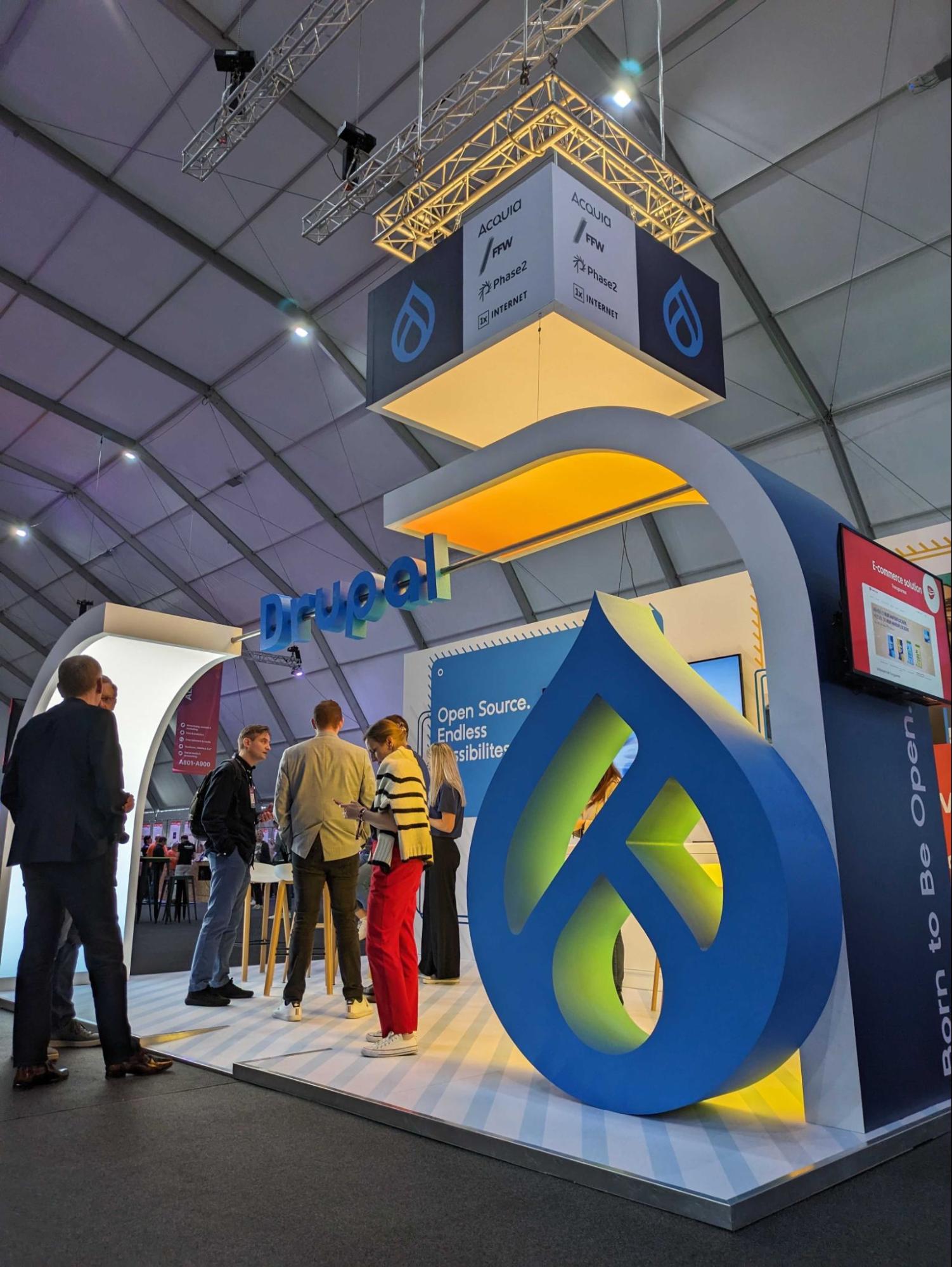 Behind all of those objectives working groups were formed, which include board members, Drupal Association staff and community members. Each of the working groups started to meet and discuss the plan to execute those objectives.
Behind all of those objectives working groups were formed, which include board members, Drupal Association staff and community members. Each of the working groups started to meet and discuss the plan to execute those objectives.
One of the first opportunities that arrived was for Drupal to participate in the Web Summit in Lisbon, which is one of the largest and most influential technology conferences, attracting over 70,000 attendees.
Together with the Drupal Association, four supporting partner companies, Acquia, 1xINTERNET, FFW and Phase2 Technology, came together to make Drupal’s presence at the Web Summit a reality.

As a former chair of the Drupal Association, I was invited to deliver a keynote on Drupal at the Web Summit. The keynote addressed how Drupal has consistently been a pioneer in implementing the latest technologies to improve the web for builders and end users alike. It also talked about the challenges of being a de-centralised project, or not owned by a large corporation. Many other open source projects and proprietary projects have very strong commercial entities behind them that create a strong message around its product. Our focus has been more on the code and the community instead of telling the world about how innovative and modern our technology is. Our presence at the Web Summit was to introduce Drupal to the wider community, and to show that we are still around, still modern and relevant for anyone who needs a CMS.
The keynote can be viewed here:
It was amazing to speak to people at the Web Summit. Many people came by and told us their Drupal stories while others were curious about this cool brand and wanted to learn more about Drupal.
The Drupal Association will be investing more in marketing over the next few years with the goal to get more people to consider Drupal over proprietary web solutions. We will see Drupal attending more conferences around the world and there are also ambitious plans to do a brand refresh which was also premiered at Web Summit together with many more exciting marketing initiatives.
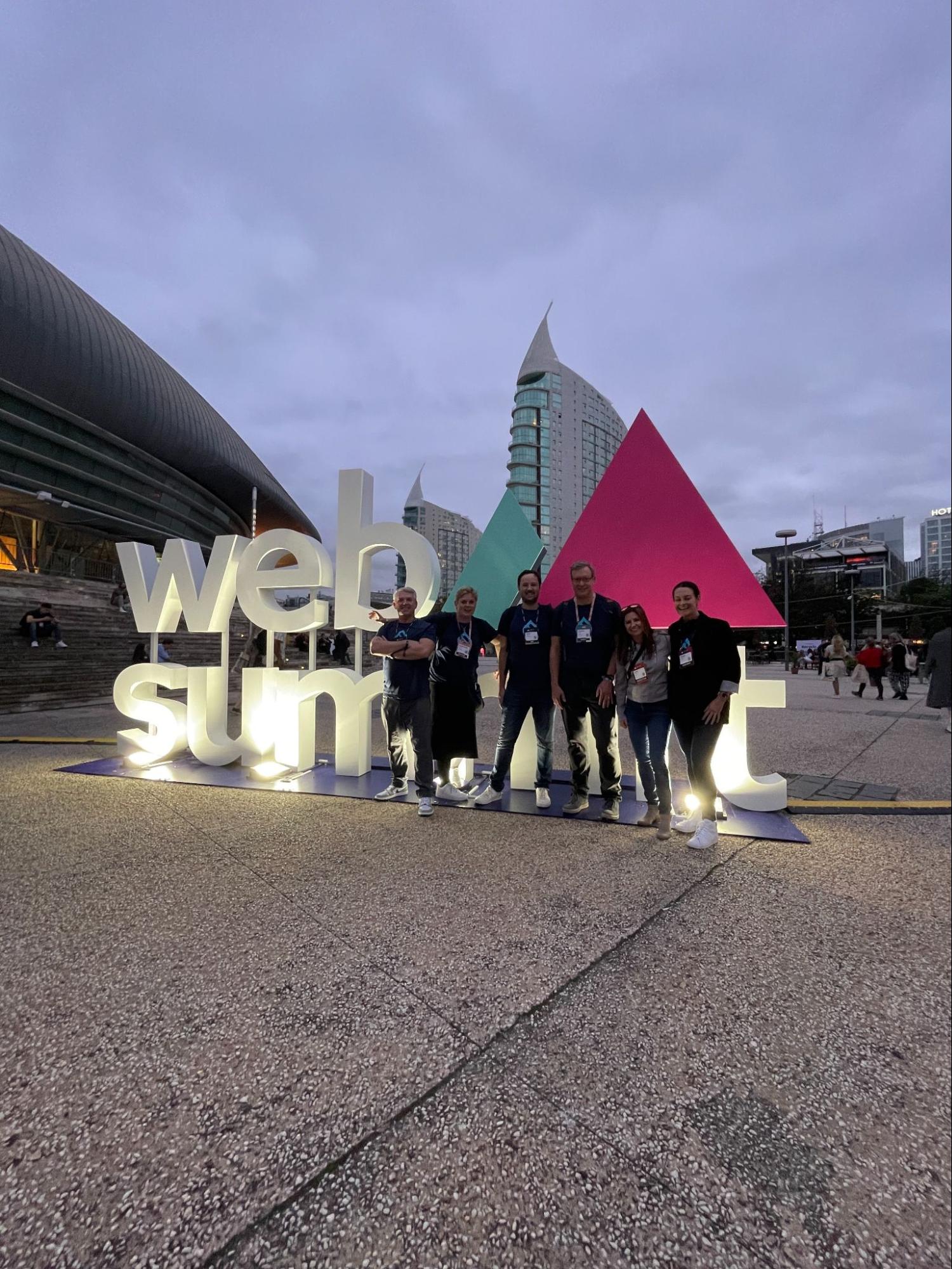
Here is a link to my slides (in Keynote format).
Keynote script:
What does it take to be an open-source unicorn?
 Welcome and thank you Web Summit for inviting me to this stage today.
Welcome and thank you Web Summit for inviting me to this stage today.
Today I’m going to be talking about the Open Source Project Drupal, which is a content management platform that has been around for over 20 years.
Drupal was also recently approved as a Digital Public Good (DPG) by the Digital Public Good Alliance (DPGA). Drupal’s registration as a DPG is a recognition of the positive global impact that Drupal has had in promoting equity as an open source technology.
So let’s start asking some questions.
- How many of you have heard about Drupal?
- How many of you use or work in a company that uses Drupal?
My name is Baddý Sonja Breidert (and some words about myself).
The Drupal Association is the non-profit organization focused on accelerating Drupal, fostering the growth of the Drupal community, and supporting the project’s vision to create a safe, secure, and open web for everyone. The Drupal Association also administers Drupal.org on behalf of the Drupal community.
Today we want to talk about open source, more specifically what it takes to run a successful open source project in a de-centralised way.
You probably already know what open source is, but here is a brief summary about what open source is all about.
Open source software is also referred to as free software and it is distributed with a usage license that grants you four essential rights:
- You can use the software for anything, as much as you want and without any restrictions such as license expiry or geographic limitations
- You can study and analyze the source code in detail without non‐disclosure agreements or similar restrictions
- You can improve or modify the software to better meet your requirements and you can share these improvements publicly
- You can copy the software and share it with anyone at virtually no cost
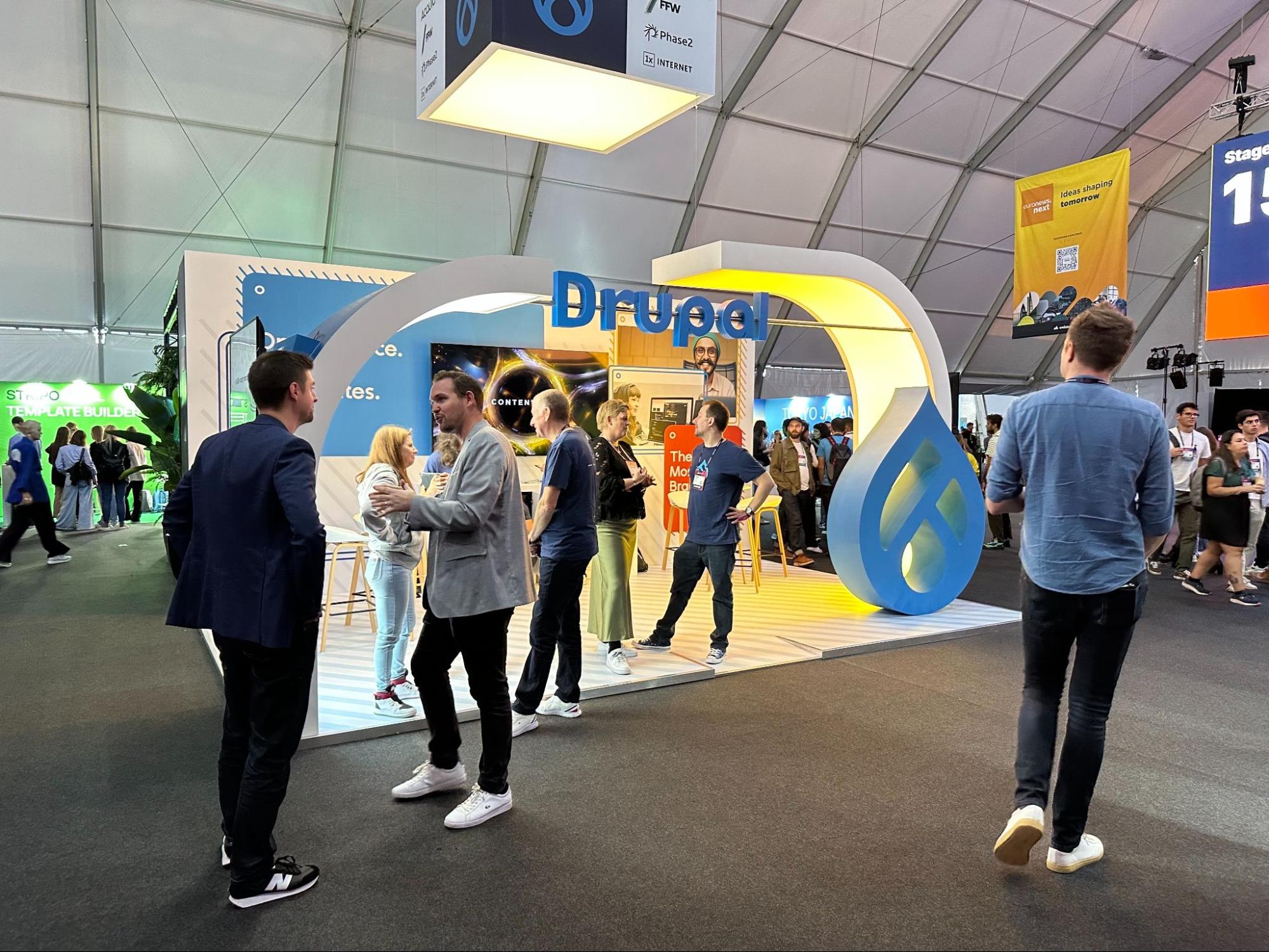
If you browse your mobile phone, the chances are high that you are using an Android or Apple (iOS) device. (Swift and Kubernetes from Apple). The former is fully open source and the latter is largely based on open source components. You are probably using one of the browsers Chrome, Safari, Edge, or Firefox. All are open source.
When you are browsing the web, the content you are seeing is very likely being served through a Linux operating system, via an Apache or Nginx web server using a MySQL or MariaDB database and is delivered using a reverse proxy that is potentially built using Varnish. The software generating the websites or apps that you are seeing is most likely implemented in PHP or Java or Javascript or one of the frameworks built on top of these.
This list could be endless, especially if you go deeper into the different technology areas. On purpose I have selected examples of prominent software that are used by all people on a daily basis.
Open source has a well known business model.
Some manufacturers of open source software provide dedicated hosting solutions that are optimised for the software and can be delivered at scale.
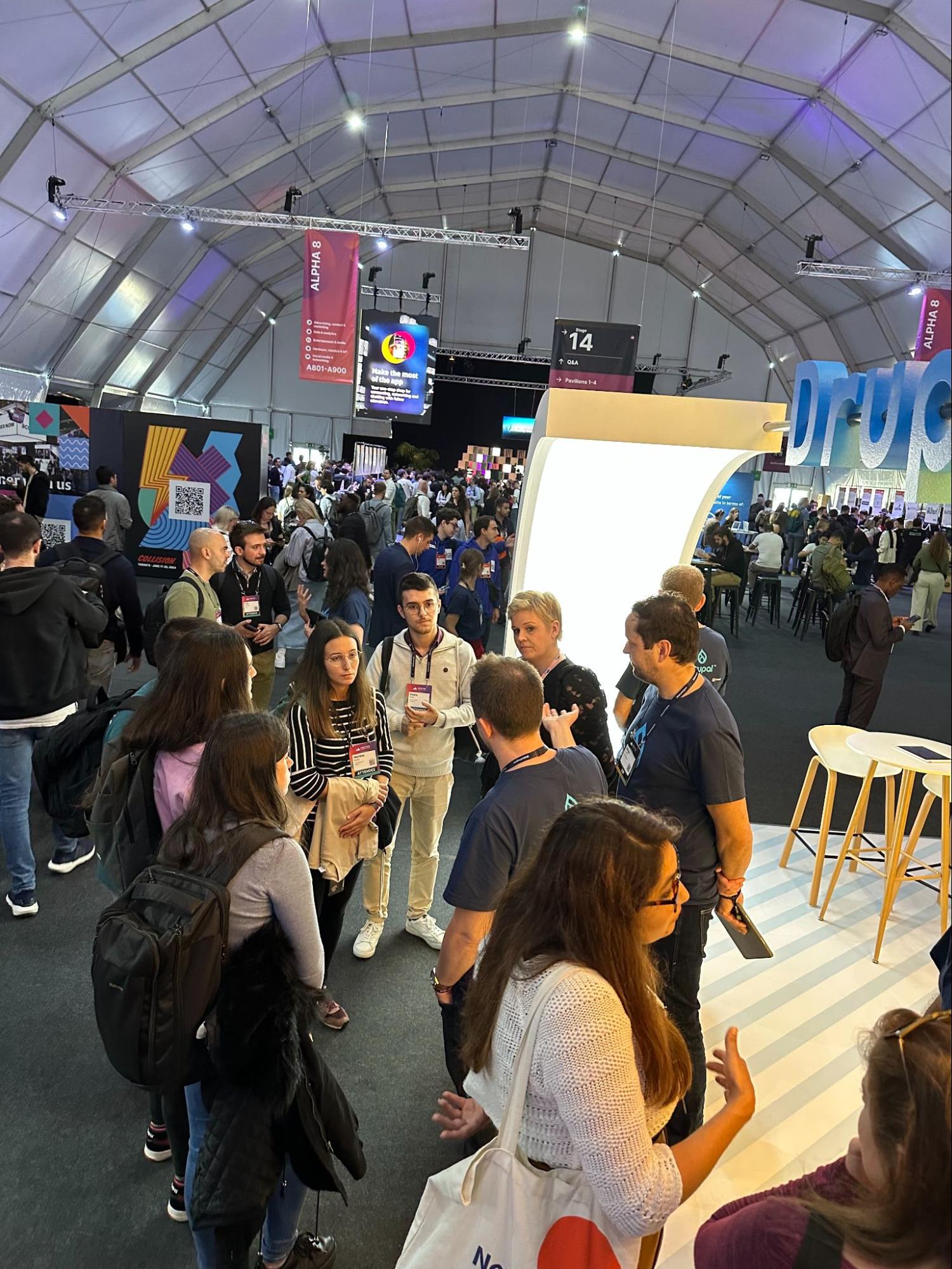
Others provide proprietary extensions to the software or create profitable market place solutions for extending the software.
But not all open source software is backed by companies with the intention to generate business with it.
There also exists software that is created decentralized. In today’s software world, this is becoming more and more of a unicorn. When I say de-centralised, I mean that decision making is not done by one large company that decides what should go next into the project. De-centralised project gives contributors the autonomy to take decision
Today I want to tell you how we managed to build software in a de-centralised way and still be relevant and successful in a very competitive market.
Drupal is a web content management platform and it was created in 2001, yes 22 years ago by Dries Buytaert a Belgian that wanted to build a message board for his friends to communicate in their dorms.
Drupal is written in PHP and the latest version uses Symfony 6.2.
According to W3Techs, PHP is used by around 79% of all websites. Other open source projects like WordPress and Typo3 also use PHP.
Now I want to play a game with you - the buzzword game.
Have you heard about those buzzwords?
- Mobile first
- API first
- Accessibility
- Multilingual
- Composable stack
- Headless
- AI powered
- Low code / no code
Did you know that Drupal has all of that and even more?
Take headless as an example. Today, you can install Drupal without writing a line of code, configure your data structure in a no-code way, install modules like GraphQL, JSON-API and configure it for your site to be fully headless.
Then you can install the OpenAI module and submodules that enable interaction with the ChatGPT and even provide a button for CKEditor 5 to send a prompt to open OpenAI and get generated text back. This is just an example of many modules that have been created in the past years to support AI technology within Drupal.
But how can it be that Drupal is not known for being innovative, easy to use, and always integrating the latest, newest, most advanced technologies?
Because we are a decentralized project. Many other open source projects and proprietary projects have very strong commercial entities behind them that create a strong message around its product. We don’t.
Drupal has never done that before, we are here at the Web Summit for the first time in the history of Drupal. Until now, we have focused on the code and the community and not trying to sell Drupal. Well, selling is also quite hard for us because our software is completely for free :)
How did we achieve it?
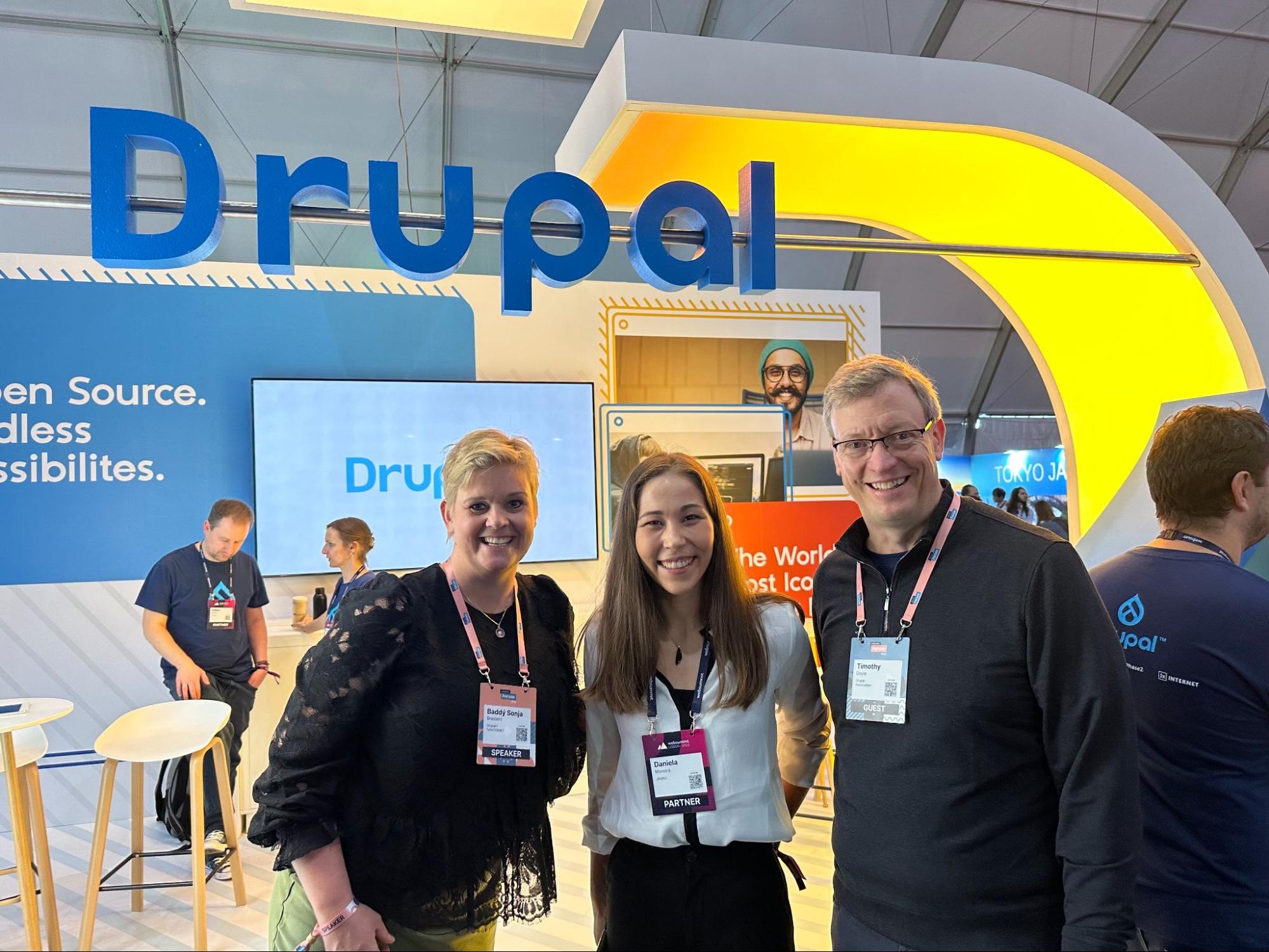 We managed to create an ecosystem of companies and individuals that support the software.
We managed to create an ecosystem of companies and individuals that support the software.
We have strong leadership and very good governance that enforces innovation in the project. Like the example I mentioned earlier, every time something new comes on the market it exists in Drupal within a short time.
Anything you can think of, somebody has already created it.
We have over 1.4 million users where more than 100.000 are actively contributing to the project.
We have over 5.000 organisations registered to Drupal.org where more than 1.200 are active contributors.
And this is why Drupal has this incredible innovation power and has stayed so relevant for so many years.
All this results in over 1 million websites around the world, both coupled and decoupled and of the largest websites in the world, Drupal is powering around 7% of them. Many of the largest governments and universities are using Drupal and not to mention some of the largest organisations around the world.
Talking about large organisations that use Drupal…
Here is an example of companies here in Portugal that use Drupal (at least according to builtwith.com).
On drupal.org we have those companies registered as organisations. Also by looking at some of their websites I could confirm that they are built with Drupal as well.
But what actually makes Drupal different and unique is ….
That our organisations that are some of the largest users of Drupal are not just using the software, they are also actively contributing to the project.
I took an example from Drupal.org where we measure contribution and like we see as an example, the European Commission has over 79 people registered on Drupal.org.
Drupal remains unique in the open source world for the power of our contribution credit system. All kinds of contribution activity on Drupal.org can be attributed to individuals and organizations, giving us important insight into the ecosystem that drives contribution.
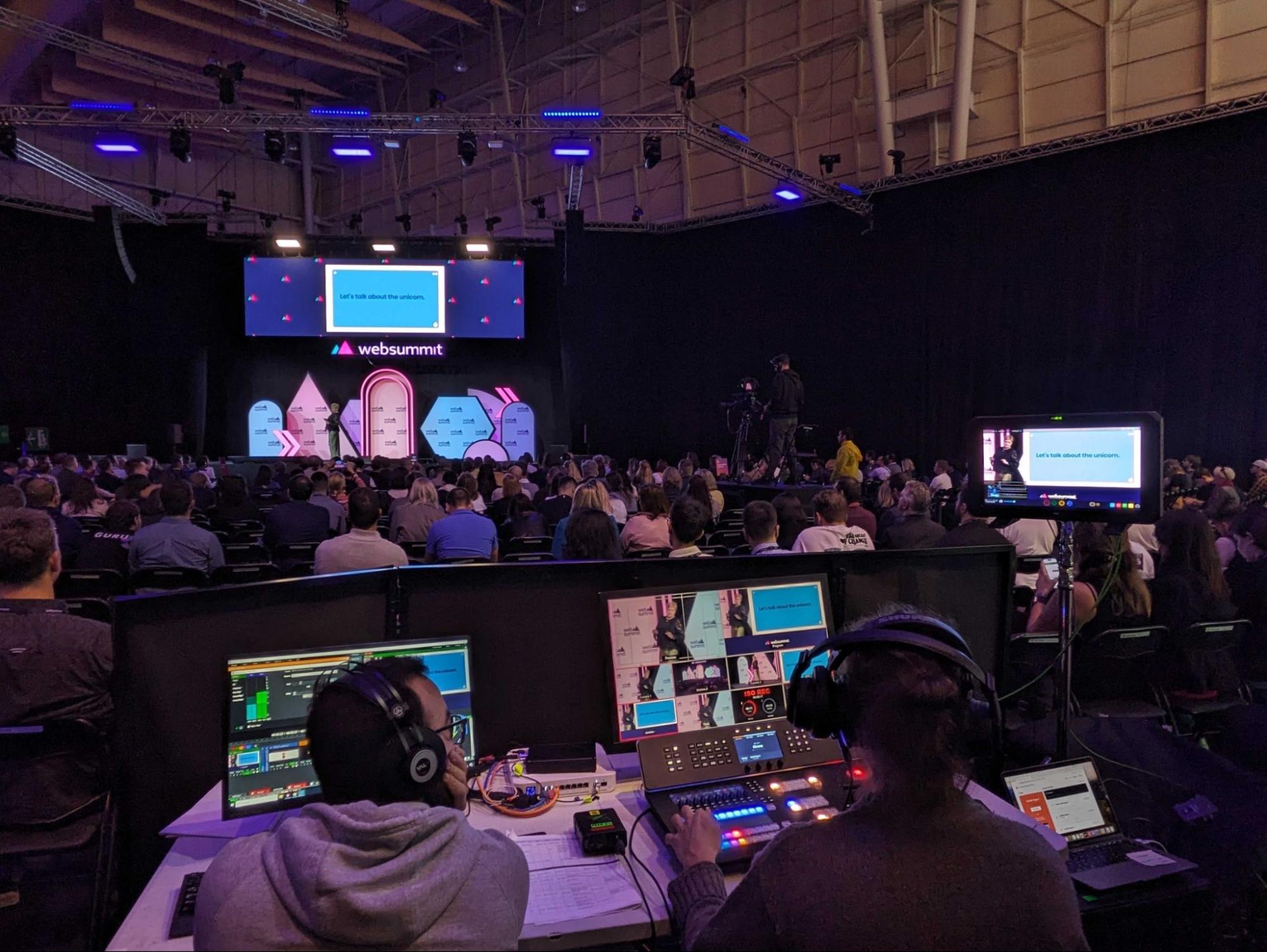 This contribution system also plays an important role in promoting individuals, companies and organizations who give back to the project and community. We use an organization’s contribution history to rank them in the Drupal.org marketplace, and an individual’s contribution history is a powerful tool for organizations to find talent, and for Drupal contributors to find work.
This contribution system also plays an important role in promoting individuals, companies and organizations who give back to the project and community. We use an organization’s contribution history to rank them in the Drupal.org marketplace, and an individual’s contribution history is a powerful tool for organizations to find talent, and for Drupal contributors to find work.
Our credit system is designed so that only project maintainers can ultimately grant credit. This means that there is always an element of human review.
Those organisations are not only contributing patches, but they are also deep involved in some of the critical parts of the software.
Good example is Sony. Sony was the main sponsor of our query builder which is called Views. And now a few years later we have Warner music using that component on all of their websites.
Another example is our pharmaceutical companies that played a huge role with their vaccines in Covid. Pfizer has been very involved in strategic development around content governance in Drupal core like content moderation, that then Astra senica and other pharmaceutical companies are using for their websites.
Individuals and organisations see the benefit of giving back to the Drupal project and this is what makes us a unicorn in the Open Source world.
Thank you very much and if you want to learn more about Drupal then meet us in Pavilion 5 booth.
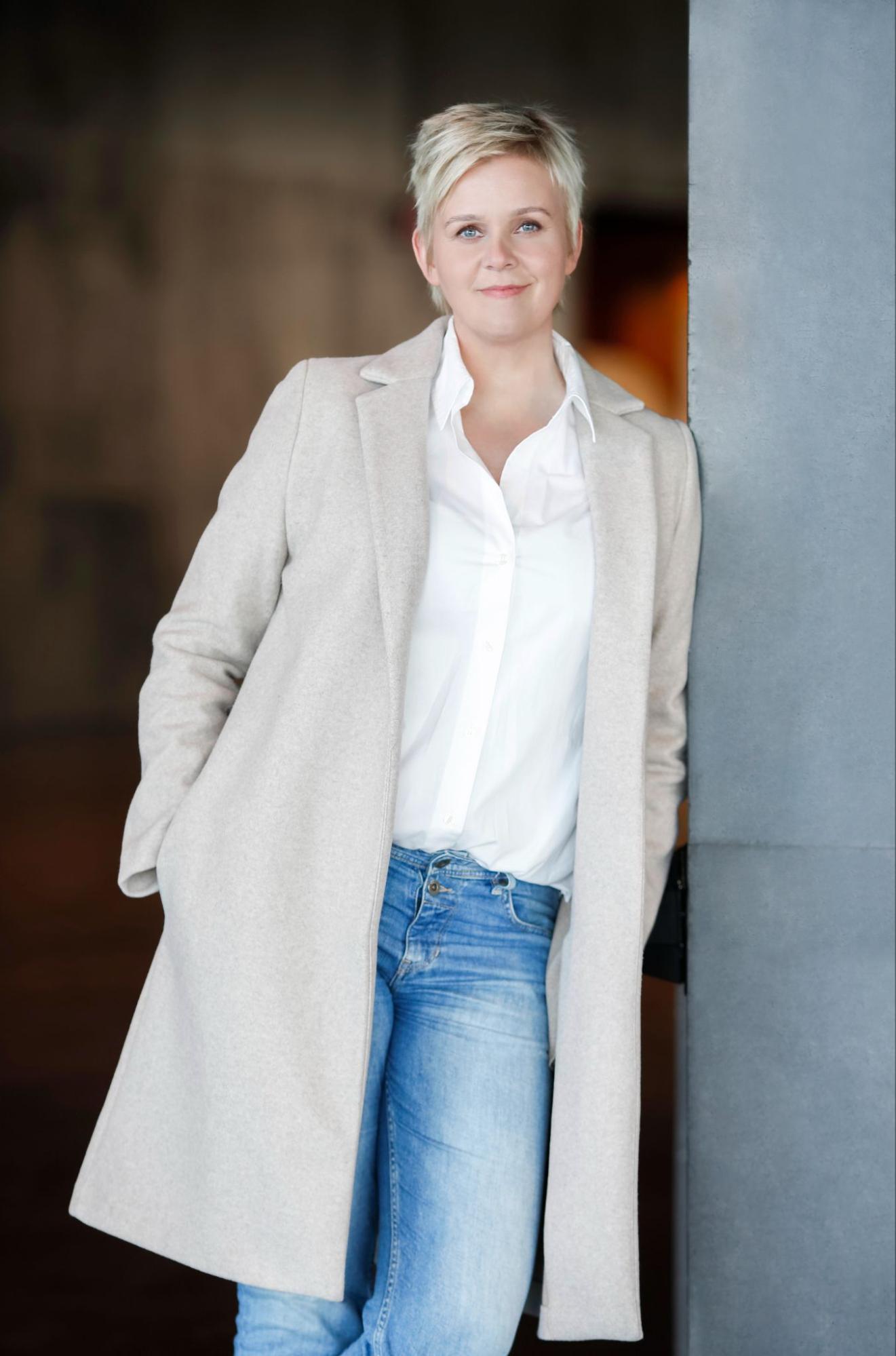 Baddý Sonja Breidert is the Co-Founder and CEO of 1xINTERNET, a leading European Drupal agency. Baddý has been an active contributor to the Drupal project since 2016 and a board member of the Drupal Association since 2018 where she served as Board Chair for the past year and a half.
Baddý Sonja Breidert is the Co-Founder and CEO of 1xINTERNET, a leading European Drupal agency. Baddý has been an active contributor to the Drupal project since 2016 and a board member of the Drupal Association since 2018 where she served as Board Chair for the past year and a half.
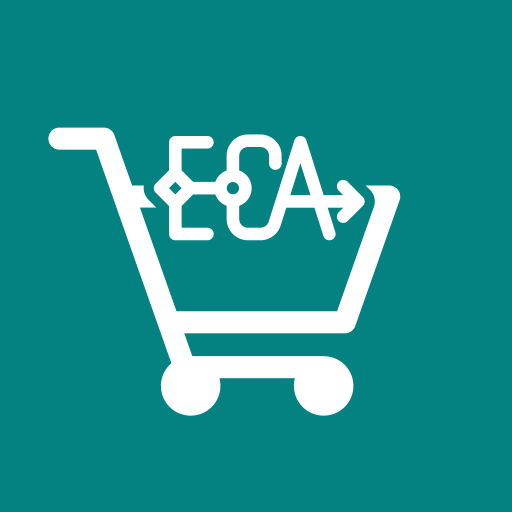
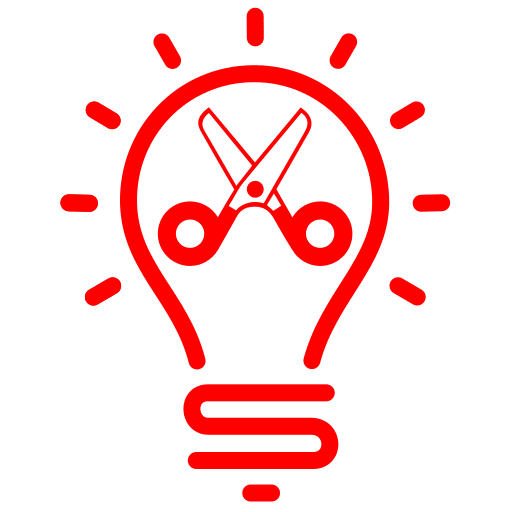

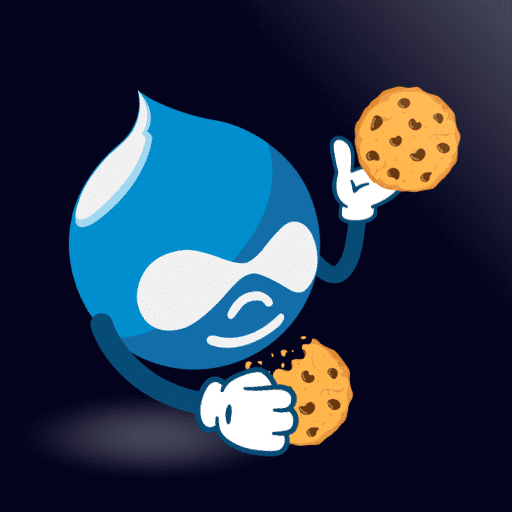

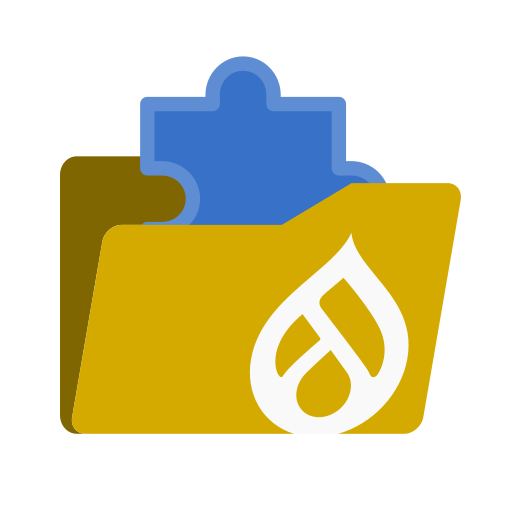
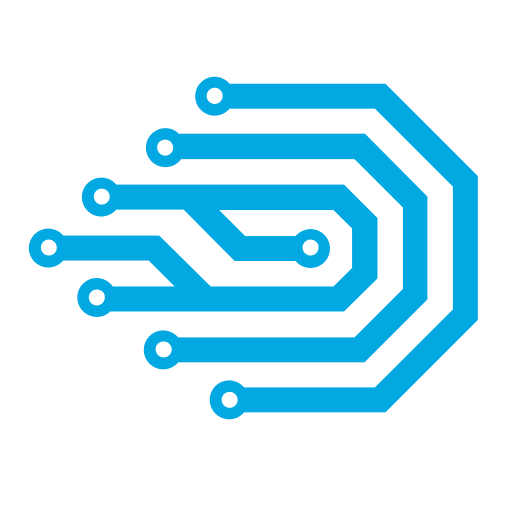
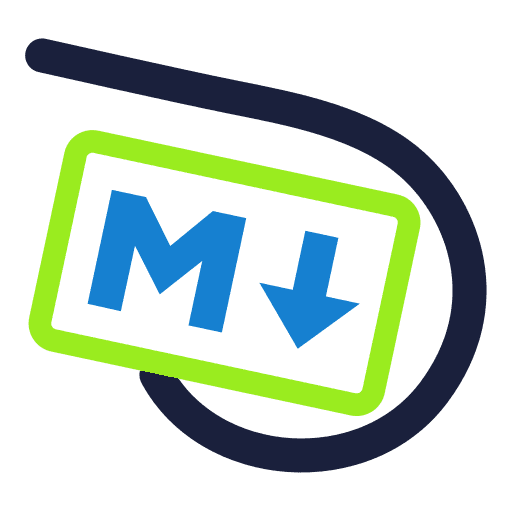
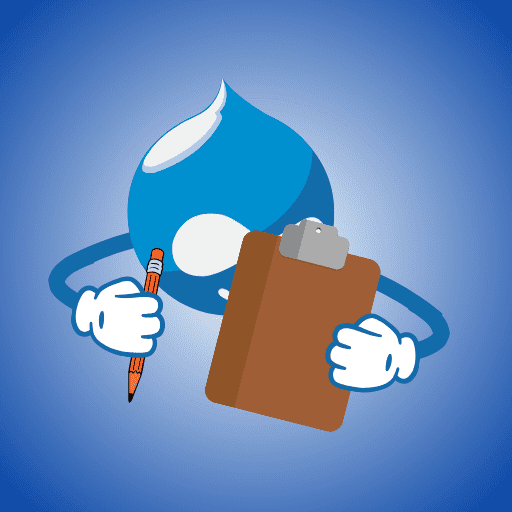
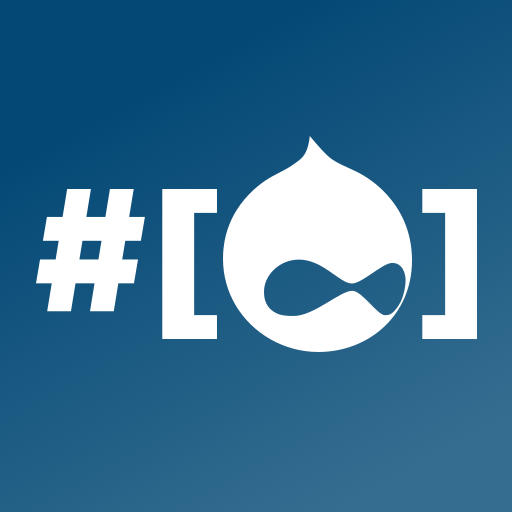


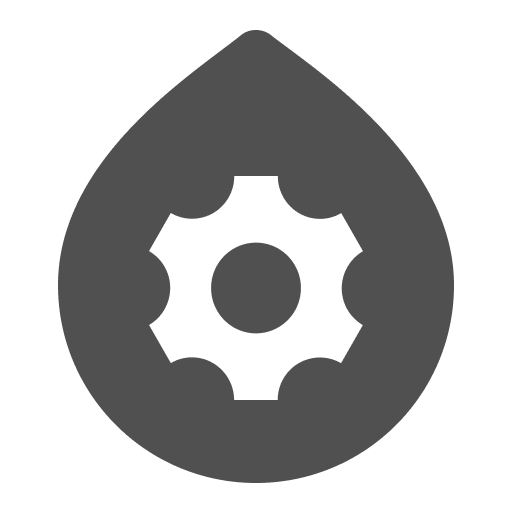

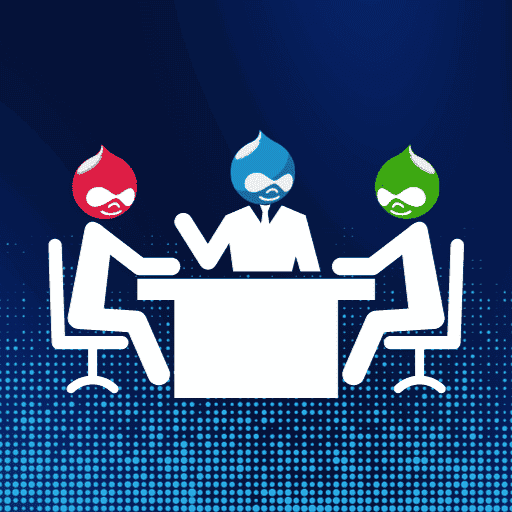
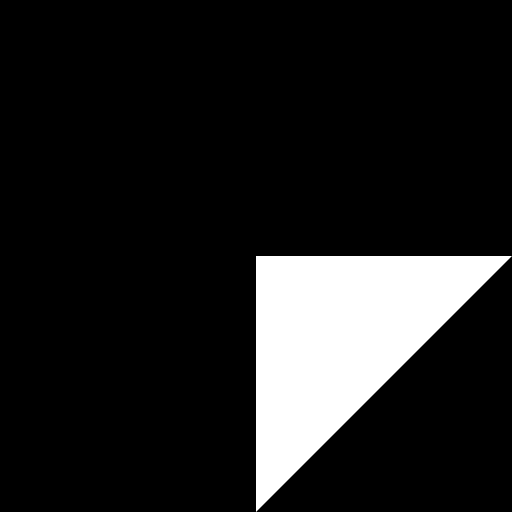
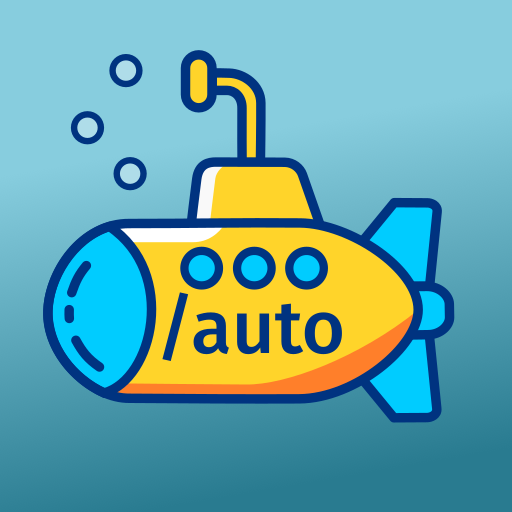
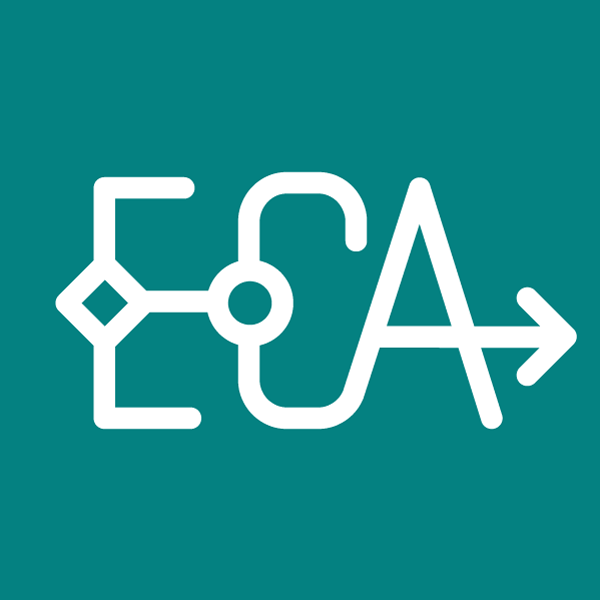
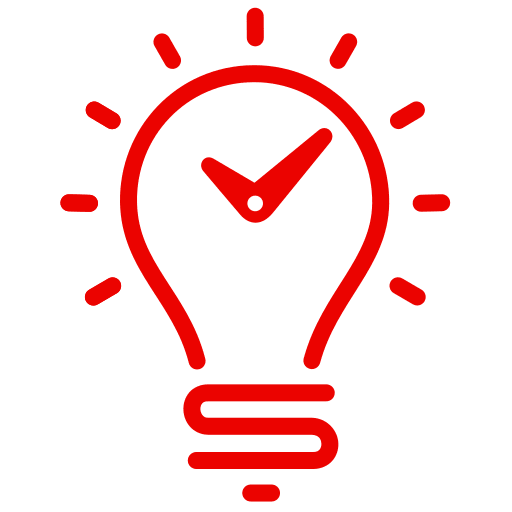
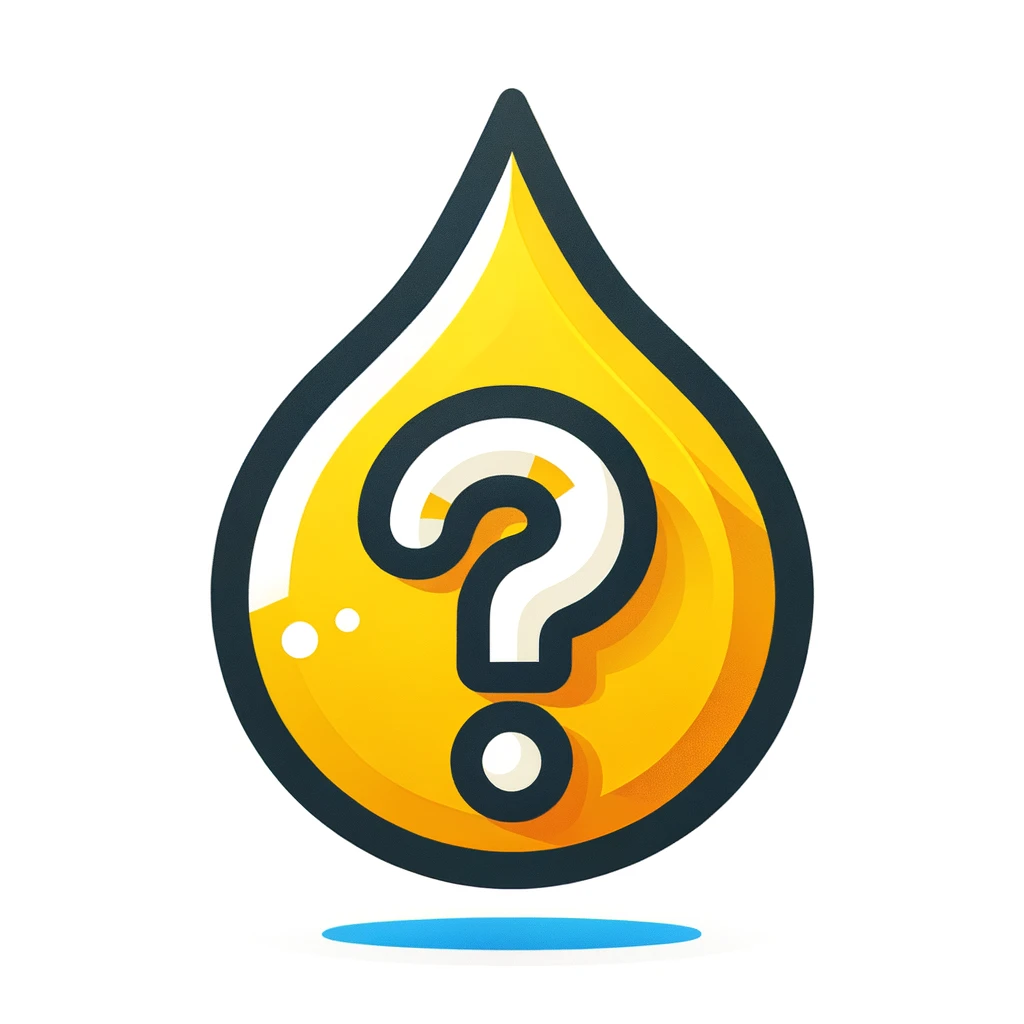

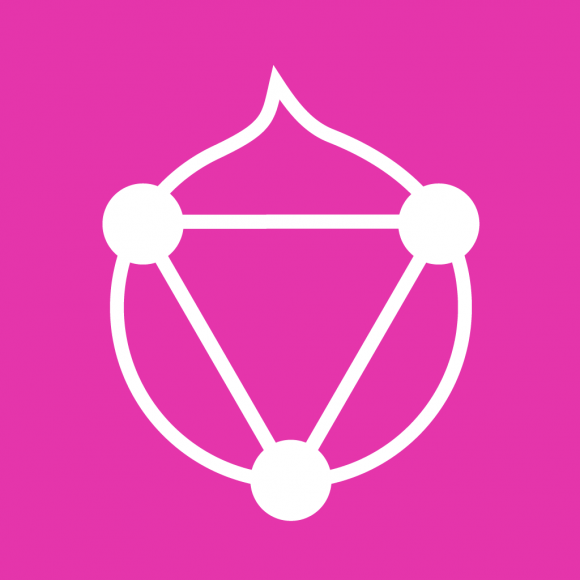
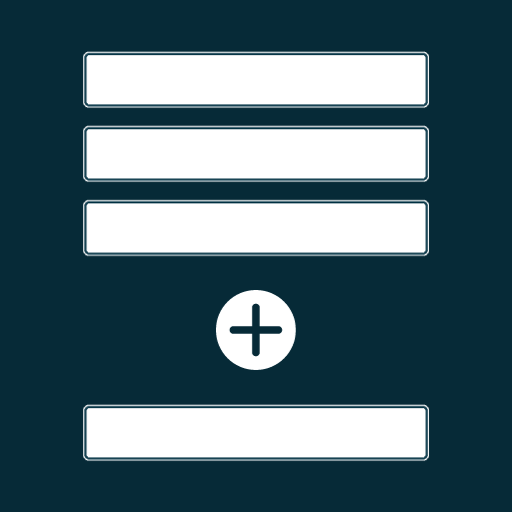
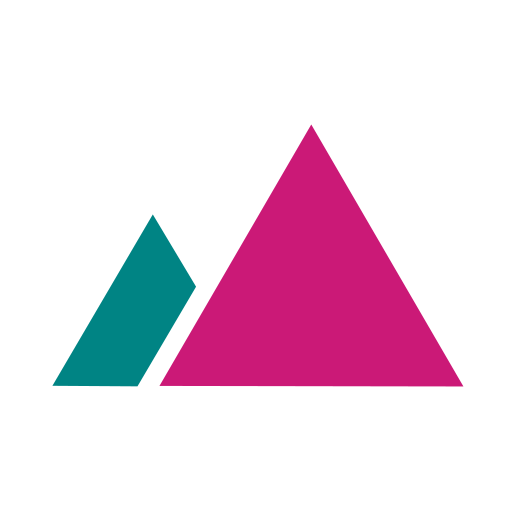
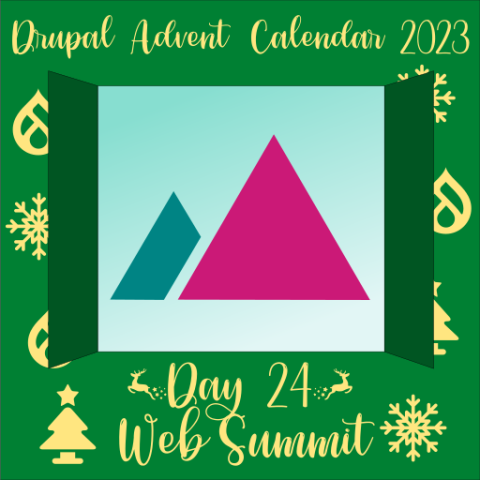
Comments